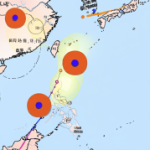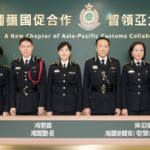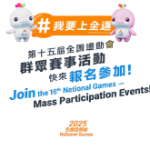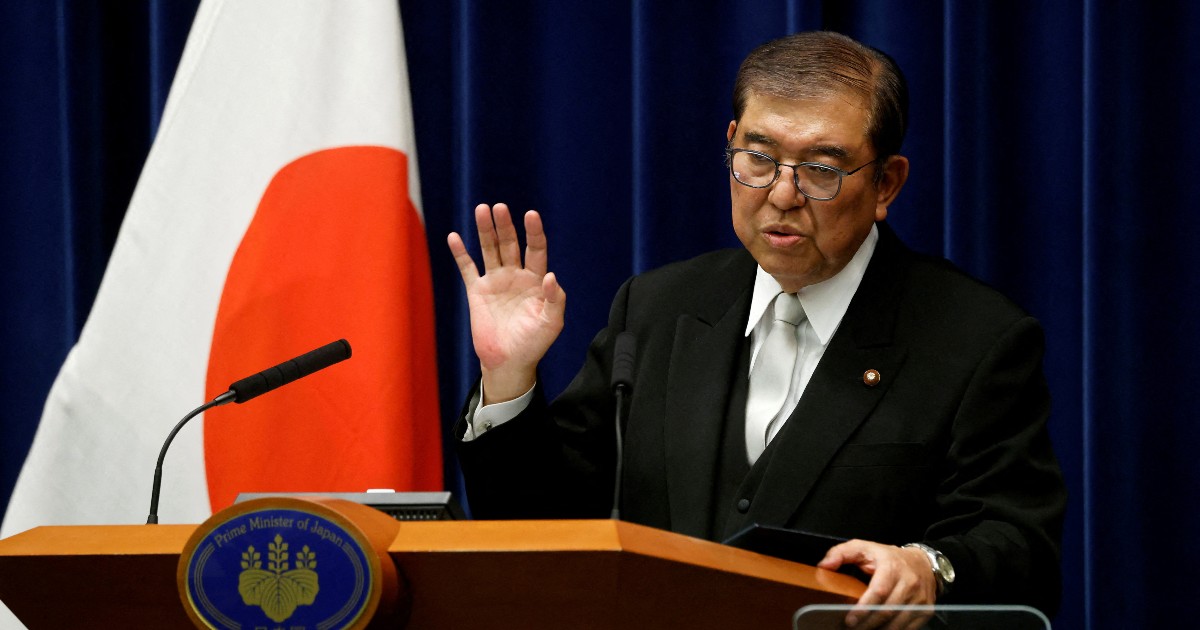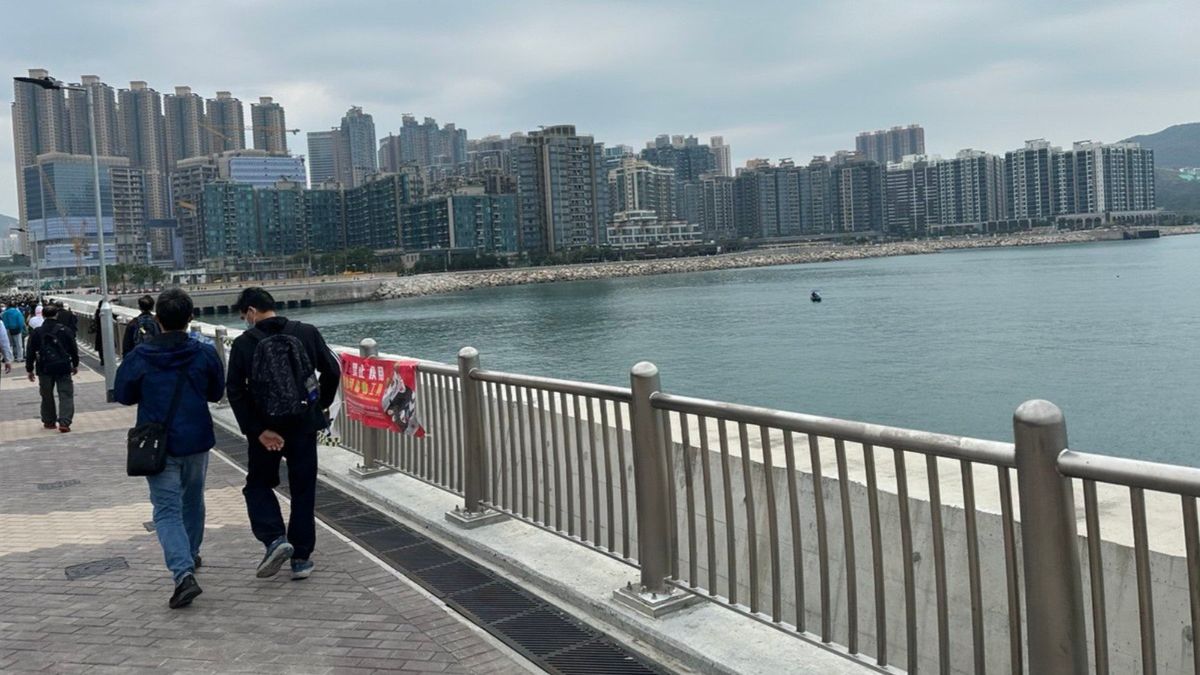The user wants a detailed analysis and professional report of over 1000 characters based on the provided title: “國際財經 – 日美關稅談判 石破茂:不能為追求速度損國家利益”.
The response should be in traditional Chinese, avoid a large title at the beginning, and not contain any English.
It needs to follow a specific structure:
– Engaging opening with a small heading.
– Logical, layered main body with small headings, incorporating facts and the original material.
– Powerful, memorable conclusion with a small heading.
The language should be accessible, creative, and resonate with readers, avoiding dryness or complex jargon.
It should be in Markdown format.
No source or reference list at the end.
No greetings, pleasantries, or introductory phrases. Directly provide the answer.
Plan:
* What tariffs are being negotiated (likely agricultural and automobile).
* Shigeru Ishiba’s specific statement (“cannot sacrifice national interest for speed”).
* The context of his statement (political position, timing, audience).
* The potential implications of prioritizing speed vs. national interest in the negotiations.
* Other viewpoints or facts related to the US-Japan trade talks at that time.
* Opening (小標題): Start with a hook about international trade tensions and the delicate balance between speed and national interest, introducing the specific case of US-Japan talks and Ishiba’s perspective.
* Body Paragraphs (小標題):
* Detail the background of the US-Japan trade negotiations, mentioning the key areas like agriculture and automobiles.
* Introduce Shigeru Ishiba and his political standing/perspective (e.g., potential LDP leader, often critical voice).
* Explain his core message: the danger of prioritizing a quick deal over protecting Japan’s long-term national interests (specifically mentioning potential concessions on agriculture or other sensitive areas).
* Discuss *why* speed might be desired (e.g., pressure from the US, political deadlines, reducing uncertainty) and *why* it could be detrimental (e.g., making too many concessions, setting bad precedents, harming domestic industries).
* Elaborate on the “national interest” in this context – protecting farmers, maintaining specific market access rules, securing favourable terms for Japanese exports (like automobiles).
* Analyze the potential consequences of ignoring Ishiba’s warning – long-term economic impact, political fallout domestically.
* Contrast his view with potentially more pragmatic or urgent voices within the government.
* Conclusion (小標題): Summarize the core tension between speed and substance in trade talks. Reiterate Ishiba’s warning as a call for careful deliberation and prioritizing long-term welfare. Conclude with a thought-provoking statement about the true measure of a successful negotiation.



